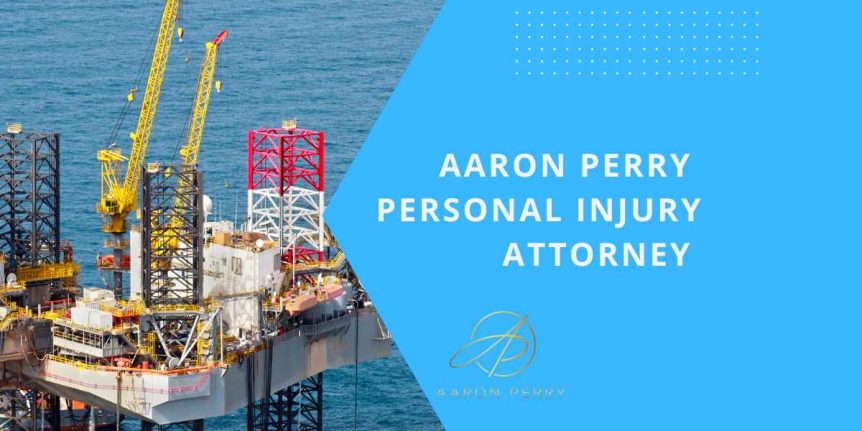
Catastrophic Risks: Common Injuries Covered by Galveston Maritime Law
Catastrophic Risks: Common Injuries Covered by Galveston Maritime Law
Working on the water—on a fishing boat, a commercial vessel, or an offshore oil platform—is one of the most hazardous jobs in America. The nature of this work, combined with the often-violent movements of the sea, results in a devastating range of injuries.
If you are a seaman who has been injured in service of a vessel operating out of Galveston, your injuries are not covered by standard workers’ compensation. Instead, they fall under federal maritime law, primarily the Jones Act and the Doctrine of Unseaworthiness.
This is what allows you to seek full compensation for negligence. Here are the most common and severe injuries our maritime attorneys handle under this crucial body of law.
1. Back, Neck, and Spinal Cord Injuries
Injuries to the spine are arguably the most common and career-ending injuries in the maritime industry. They are typically caused by slips on wet or greasy decks, falls from heights (ladders, gangways), or repetitive, heavy lifting with inadequate assistance.
- Herniated/Slipped Discs: The constant lifting, pushing, and pulling required of deckhands and engineers frequently leads to disc injuries, causing debilitating pain and nerve damage.
- Spinal Fractures: Sudden, high-impact incidents—like a heavy object striking a worker or a vessel slam in rough seas—can cause fractured vertebrae, leading to partial or total paralysis.
- Aggravation of Pre-Existing Conditions: Maritime law covers the aggravation of a prior back injury. If the work environment or an accident worsened a pre-existing condition, the employer is liable for the full extent of the aggravation.
2. Head Trauma and Traumatic Brain Injuries (TBIs)
The vessel environment is a perfect storm for head injuries due to falling objects, swinging equipment, and hard surfaces.
- Concussions and TBIs: Being struck by a line, a piece of unsecured equipment, or even falling and hitting your head on the deck can result in a TBI. These injuries can lead to lifelong symptoms, including memory loss, cognitive impairment, mood changes, and severe headaches.
- Falls from Heights: Workers on scaffolds, ladders, or derricks who suffer falls often sustain severe and permanent brain damage upon impact.
3. Crushing Injuries and Amputations
These are the catastrophic results of machinery malfunction, unsafe cargo operations, or failure to follow safe work procedures.
- “Caught-In-Between” Accidents: Workers can be crushed between mooring lines and capstans, between two vessels (allision), or beneath shifting cargo.
- Limb Loss (Amputations): Winches, tow lines, anchor chains, and heavy rigging equipment can snag a limb, leading to immediate traumatic amputation or requiring surgical amputation due to severe crush damage. These cases involve massive compensation for prosthetic care and lost earning capacity.
4. Severe Burns and Respiratory Damage
Fires and explosions are a constant threat in engine rooms and on vessels carrying flammable cargo or fuel, often resulting from poorly maintained equipment.
- Thermal Burns: Engine room fires, boiler failures, and line heating can cause second and third-degree burns requiring multiple skin grafts, months of rehabilitation, and resulting in permanent disfigurement and pain.
- Chemical/Toxic Exposure: Exposure to hydrogen sulfide (H_2S), drilling fluids, or toxic chemicals can cause immediate chemical burns and long-term respiratory conditions, including lung disease and chronic health issues.
5. Repetitive Stress and Overexertion Injuries
Not all injuries are the result of a single traumatic event. Many maritime injuries develop over time due to the demanding nature of the work.
- Tendonitis and Carpal Tunnel Syndrome: Repetitive use of heavy hand tools, operating vibrating machinery, or constant lifting can lead to cumulative trauma disorders that require surgery and prevent a seaman from returning to physical labor.
Protect Your Claim: The Difference Maritime Law Makes
It is vital to recognize that for any of these injuries, the legal process allows for a higher level of recovery than standard state workers’ compensation. Under the Jones Act, you can recover not just medical bills and some lost wages, but also Pain and Suffering and compensation for your full Loss of Future Earning Capacity if your injuries prevent you from continuing your career at sea.
If you or a loved one has suffered a severe injury while working on the water, the time to act is immediate. The vessel owner will be working to minimize the damage, but a dedicated maritime attorney will fight to secure the full and fair compensation you deserve.
Contact Aaron Perry, Galveston’s Trusted Maritime Attorney, for a free, confidential case review.
